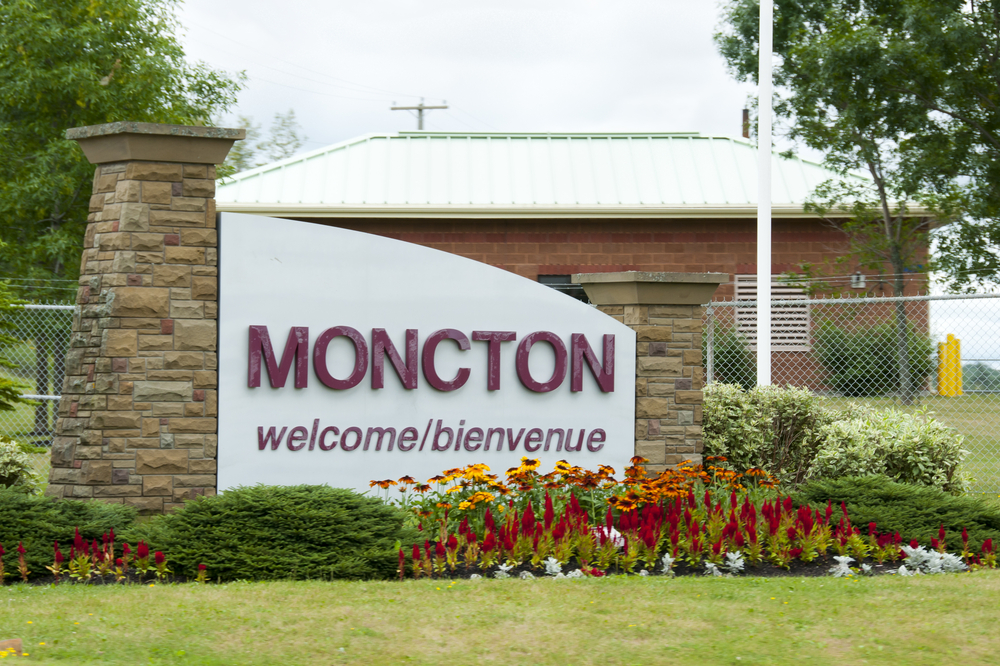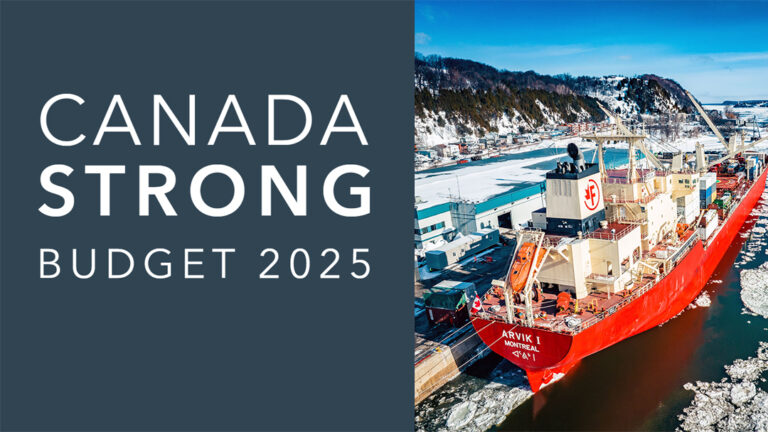The Rising Tide Community Initiatives affordable housing project in Moncton is expected to welcome its first residents before the summer. The project is also waiting to see if its application for funding under the federal Rapid Housing Initiative will be accepted. If so, the number of dwellings created over three years could increase from 125 to 160, Rising Tide co-founder Dale Hicks told the Centre.
In November 2020, the city of Moncton voted to fund the Rising Tide project to the tune of $6 million over three years, provided the government of New Brunswick matched the funding, which it did a month later. Announcing the funding in a news release, Social Development Minister Bruce Fitch said he was “incredibly proud to see this unprecedented collaboration between the Department of Social Development, private business, non-governmental organizations and the city of Moncton […]. By working together, we will help provide enhanced services to the city’s most vulnerable.”
The initial project, which will be built even if the federal grant application fails, involves the retrofitting or construction of 125 affordable-housing units in Moncton over a three-year period.
“The units will be different sizes depending on whether they’re in a rooming house or whether they’re in an apartment complex,” says Dale Hicks, one of the founders of Rising Tide Community Initiatives. “But it’s basically affordable housing for 125 people.” The goal is to provide 25 units, probably spread out over four or five properties, in the first year, and to add 50 more units in each of the next two years.
The organization is also working on a Plan B that will take into account the opportunities (up to 35 more units) and the requirements that federal funding would bring.
“[Some] people looked at [our funding] and said, ‘well, you’re spending $12 million for 125 people. What are you doing with all that money? That doesn’t make sense to us,’” Hicks explains. “But what they don’t understand is we’re buying properties.” Two-thirds of the $12 million is for the purchase of homes.
For Hicks, this is critical to the stability of the project and future residents. “If we own the properties, we don’t have to worry about having someone kicked out of the building. And we don’t have to worry about [a new owner] saying, now we’re going to [increase] the rent.’”
In addition to providing shelter to those in need, the Rising Tide project will provide support and follow-up services to its residents by partnering with other organizations. “I’m not going to put six people in a residence and walk away and say, ‘good luck,’” says Hicks. “We don’t want them to go back to where they came from.”
The project received $45,000 from the Centre in 2020 to help Rising Tide conduct its operations.
Difficult market conditions
Since federal funding could influence the development of the project, no property has been purchased by Rising Tide to date. But the organization has begun its research and hopes to house its first residents before the end of spring. The current overheating of the real-estate market, painful for individual buyers, also makes the situation difficult for Rising Tide. “We could identify a property today and then, next week, it’s gone,” Hicks says. The group tries to be aware of properties for sale before they’re even on the market.
The question of zoning also complicates the steps to find suitable properties. Available multi-bedroom homes are often in residential areas where they can’t be used as rooming houses. “[If] the people you’re putting in there aren’t related, they’re not family members, then, no, you can’t use that [house] for that purpose.”
There are approximately 300 people homeless in Moncton, twice as many as there were in 2019. The Greater Moncton Homelessness Steering Committee, which brings together organizations working with the unsheltered, has set the goal of achieving “zero functional homelessness” by 2023.
“Functional zero [homelessness is] a standard originally developed by Community Solutions […] that indicates a community has solved homelessness for a population. Reaching and sustaining this milestone is in service of building a future where homelessness is rare, brief, and nonrecurring.”
– Built for Zero Canada
According to Hicks, the homeless situation in Moncton has changed significantly over the past 10 years, but it has been the subject of more important discussions between the community, the city and the business community over the past three or four years. In 2020, the Chamber of Commerce for Greater Moncton reached out to political leaders about homelessness, which they say is becoming a business problem.
“A lot of the homeless people are downtown,” Hicks explains. “And so they’re sleeping in stairwells, they’re sleeping in doorways of businesses. They’re coming into restaurants and bothering people. So, a lot of the residents are saying, well, we don’t want to go downtown.”
For Hicks, who is also the president of Food Depot Alimentaire, the homeless problem that Moncton is facing is one that all major cities face.
“It’s just a natural correlation. The bigger the city is, the more people are going to come to that city, because there’s more opportunities. Moncton is the largest city in the province and we’re trying to do all these things that make [the city] an attractive place to come and live. But you just can’t say, ‘that’s only for people that have jobs. Like, if you’re homeless, that doesn’t apply to you.’”
For Hicks, the Rising Tide project is specifically aimed at finding a solution to that problem.



